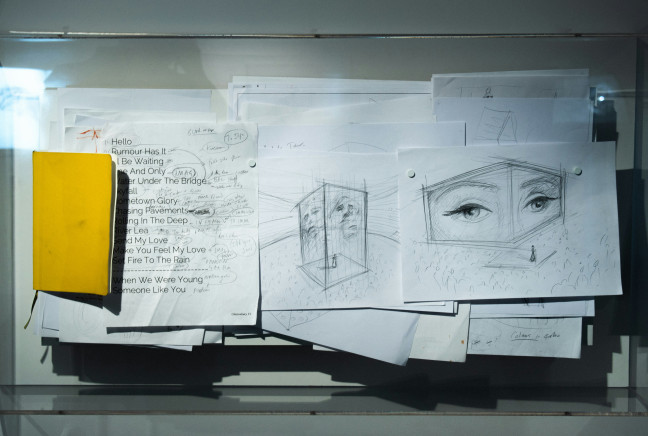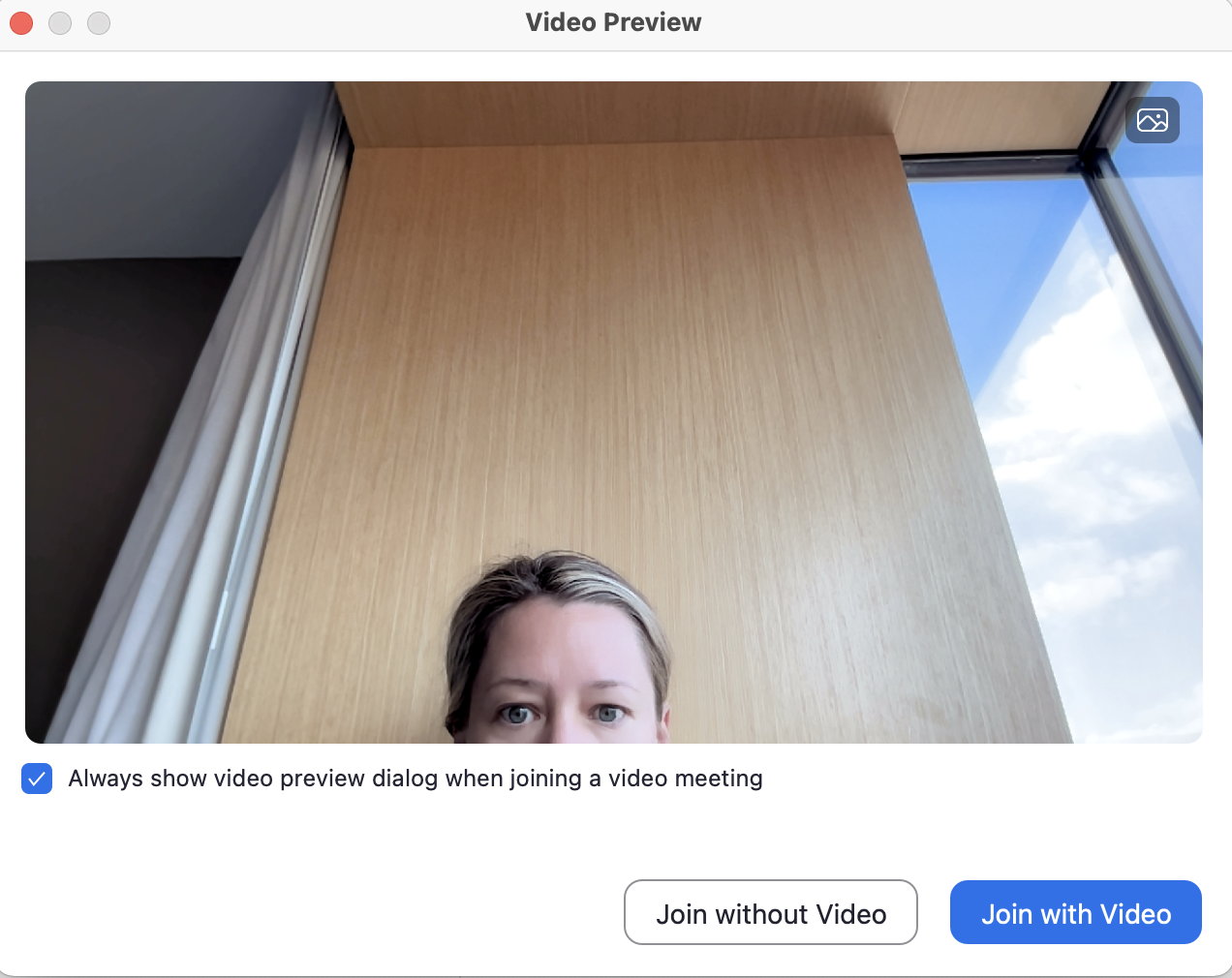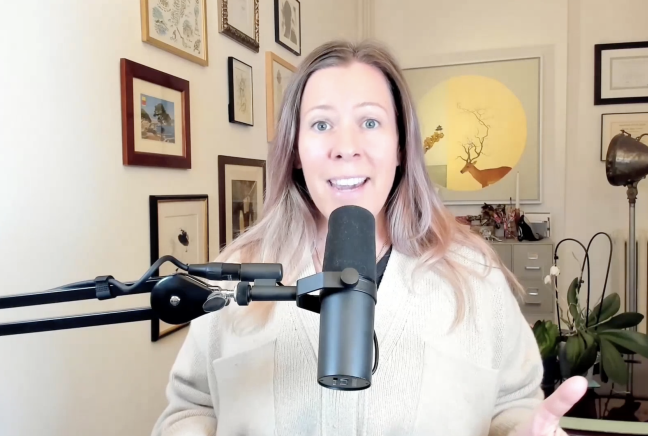
I wasn't going to do the 2016 trend
While cleaning my living room for an event, I picked up a notebook. Instead of putting it …
The philosophy behind Le Trente emerged from a simple revelation: we learn best from each other, not just from teachers. Through research and personal experience, Anne discovered how participation patterns, psychological safety, and "move forward/move back" principles create transformative learning environments. This approach helps people reclaim their authentic voice while building genuine connections—healing the early split between authenticity and belonging that shapes so many of our learning experiences.

Yesterday I shared how Le Trente came to be. Today, I want to tell you about the philosophy behind it all — and why it matters for our collective growth.
I hope you enjoy it, this is the fruit of my hard earned experience!
My preferred visibility mode on Zoom is cloaked, when that's allowed that is. I'm a bit shy, an enthusiastic introvert. You'll find me skulking around in the back when I'm in an auditorium. You are not very likely to find me on the front row (unless that's where the last seat is left), and even less likely to see me raise my hand. The thing when you don't show your face and you don't raise your hand, is it's hard to get questions answered. Right?
One day, I dared — raise my virtual hand, that is. It had been weeks that I’d been on this intensive sprint about how to build online courses, and I made a contribution. There were many experts in the room, so lots of opinions were flying around in the comments section. After my share, one of the other women participants dropped me a message in the chat, thanking me warmly for what she felt was important and wise. I blushed hard behind my monitor. My inner voice tends to be a harsh judge when I speak up, so this feedback took me completely by surprise.
This moment was one of those postcard-value moments I like to elicit in my Story of You workshops. That day, I was embracing two of my most cherished values. Sharing ourselves—our opinions—can be an act of courage, and an act of generosity. It depends on how we approach it, of course.
Without this woman’s note, I wouldn’t have paid particular attention to the fact that most of the contributions had been made by men, experts as they may have been. Without her, I wouldn’t have felt how and why it was important to participate.
That experience sparked my curiosity about participation patterns more broadly. Over dozens of subsequent courses, I started paying attention and noticed consistent trends:
Europeans are much less likely to raise their hands and contribute than Americans, Australians, or South Africans, for example.
Women are less likely overall to raise their hands.
The ones who dare get their questions answered, get noticed, and help transform the story being told in that room, whether virtual or IRL.
We learn from each other—not just the teacher, the guide, or the expert. When we are not invited to participate, when we are not given the time or space to make our voices heard, we all miss out.
Over the dozens of courses I took, I started leaning into being on camera (stopping hiding), raising my hand, and offering my opinion.
There are only so many calls you can sit on when the host asks: “Does anyone have something they want to share? Any questions?”—and everyone sits in their squares, purposefully on mute. Speaking up became an act of generosity toward the facilitators as much as anything else.
I also came to deconstruct what had made the first salon I held such a success. I wrote a long essay about it called All the Voices in the Room. I dove into research for my first Story of You workshops and talks, and that’s where I found evidence that vulnerability, when met safely in a space, invites vulnerability from others in that shared container.
When one person voices something personal and delicate, and they are received safely, this builds on the sense of safety in the group and, in turn, invites others to share at the same level.
Creating psychological safety is an essential component if we want to invite people to offer their voices and opinions. We hear every day that the world is polarised. I posit that the lack of third spaces—where we can listen to each other’s lived experiences—is one of the reasons we are losing out on connection.
I was introduced to this concept on several occasions in mindful communities, like Banyan and Oren Jay Sofer’s courses. Building on what I’ve shared above: some of us gleefully participate, raising our hands at every opportunity—and that’s lovely. But we also need to make space for those who are shy, who skulk in black boxes on the screen, or who generally feel awkward making their voices heard.
For that reason, we regularly ask those outgoing sharers to “move back” and practice listening deeply in the background, while encouraging the quieter folks to “move forward” and offer their experiences.
I now offer this guideline at every salon I host. Comically, at the end—when we ask if anyone has questions—people often glance around at each other in silence. You can feel the presence of the invitation: who needs to move forward, who needs to move back. It’s fun.
And those moments also give us the gift of silence. We’re not used to simply sitting in a shared pause, letting our minds and hearts wander. Guess what? That, too, can be awkward — and also deeply enjoyable. Let’s not fear silence; let’s use it. Move forward, move back.
When I was signing up for all these courses, joining all these different communities, I had no idea they would eventually lead me to creating a new business. All these experiences became research for what I now understand about effective learning.
Here’s what I discovered: if we learn from each other — not just from the guide, but from our peers — then live interaction trumps pre-recorded content every time. I’m not saying in-person is always better than online; for many of us, attending in person is complicated by chronic pain, childcare (or in my case, pet care), prior commitments, or other barriers.
That’s why Le Trente centres around real-time live experiences, both online and offline. Live allows for spontaneous insights, unexpected connections, and the kind of collective wisdom that emerges when minds meet in real time.
Everything I’ve shared here shapes how we gather at Le Trente. Whether you’re naturally outgoing or prefer to listen from the shadows, there’s space for you.
This month, I’m excited to invite you into three offerings that embody this philosophy:
Dreaming Into Being – Goal Setting Workshop
- Monday, September 22nd (online) | Tuesday, September 24th (in-person)
This isn’t your typical goal-setting session. We begin with guided meditation and body scans to access your authentic desires—not what you think you should want. It’s a safe space to explore what truly matters to you.
Investment: 2 hours of your time and 45–55 CHF | Book online right here | Book for IRL here
Metta Together – Perfectly Imperfect Hearts Welcome
- Weekly lunchtime practice
Join us for a “Heart Break”—the kind that helps us pause and piece ourselves back together with compassion. This 30-minute loving-kindness practice welcomes skepticism, resistance, and the “yeah, right” voice. Because love doesn’t have to be perfect to be real.
Investment: 30 min | Flexible pricing: 15–35 CHF per session | Book here
The Intention Hour – Monthly Practice Circle
- Last week of each month
A contemplative space to connect with the deeper currents of intention beneath your daily actions. Through guided meditation and reflective journaling, we explore not just what you want to achieve, but why it matters and who you’re becoming in the process.
Investment: 1 hour | Flexible pricing: 25–45 CHF (choose what feels sustainable) | Book here
For those, like me, who’ve often attempted multitasking online—or for anyone who finds themselves glued to their phone instead of paying attention during a gathering—here’s a guideline: at Le Trente, we deliberately create generous, live offerings, and we ask you to bring your full self to each occasion.
This is the foundation of everything we do together: honouring everyone’s voice, creating safety so we can share more of ourselves, and learning collectively rather than in isolation—so that we can be inspired by each other.
You can discover all our upcoming offerings and subscribe to our event calendar at lu.ma/LeTrente, or visit letrente.com/avm-events for detailed information.
Next week, I’ll share with you the Four Pillars that guide all our work—starting with why “May I be well” is where everything begins.

While cleaning my living room for an event, I picked up a notebook. Instead of putting it …

Some of my friends have found my business model a little strange. Podcasting at the heart …

I bought a new face cleanser, and that's big news. Not because of the product itself, but …